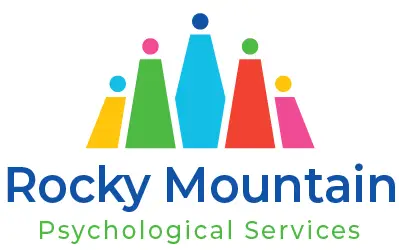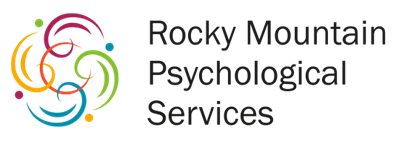Frequently Asked Question
At what age should my child be for a gifted assessment?
Most children are assessed between the ages of 4 and 12, though it depends on the purpose of the assessment. Some schools or programs have specific age requirements, while others are more flexible. If you’re unsure whether it’s the right time, you can book a consultation with a psychologist who will guide you based on the reasons you are looking into a gifted assessment.
Will this help with applying to gifted programs?
Yes. Many families request a gifted assessment in Alberta to support school applications. Programs like Westmount Charter School or G.A.T.E. require cognitive testing or IQ evaluation. We can tailor the assessment to meet those specific requirements and help ensure you have the right documentation.
What if my child is already struggling in school?
Gifted children are not always high achievers in a classroom setting. Some underperform because they feel bored, misunderstood, or unsupported. A giftedness assessment can help uncover the reasons behind these challenges and offer useful recommendations that support both learning and well-being.
Is a gifted assessment just an IQ test?
A gifted assessment is an IQ test. This looks at how your child thinks, learns, solves problems, and processes information compared to others their same age. This information helps to build a picture of your child that you and school professionals can use when deciding on what program or school might be a good fit.
Can adults be assessed for giftedness?
Yes. While many people think of a gifted test as something for children, adults can benefit from it too. Some want answers about how they think and learn, while others are exploring personal growth or career direction.
How long does the whole process take?
From the first meeting to the final report, the full process typically takes 2-3 weeks. Timing depends on scheduling, the number of sessions needed (usually 1 or 2 testing sessions). If you’re applying to a specific program, it’s best to get in touch early so we can meet your deadline.
Do you offer a letter rather than a report if my child doesn’t meet the criteria for giftedness?
Yes. Some parents have asked if they could have a letter rather than a full report if their child’s scores don’t meet the criteria for the program to which they are applying. We do offer this option. Ask your clinician about it at the first appointment when you are discussing the assessment plan.


